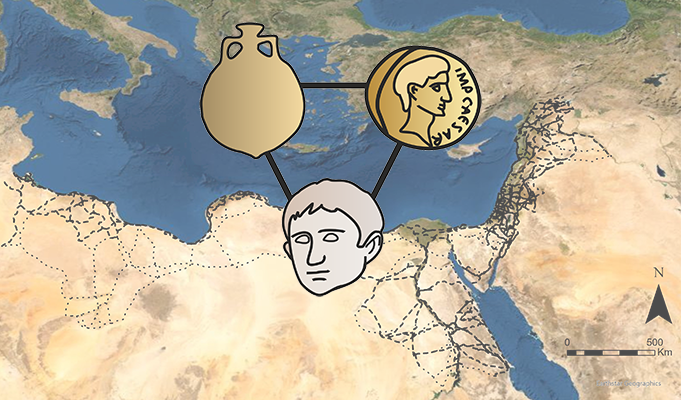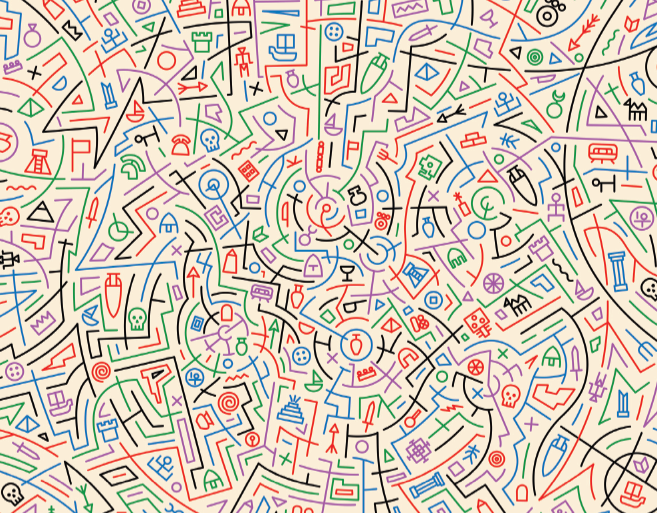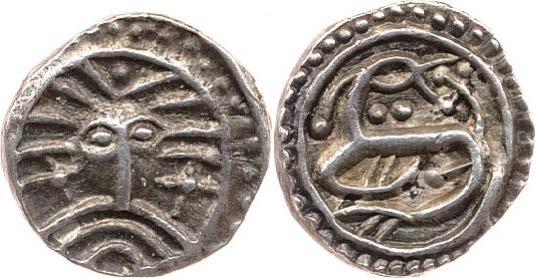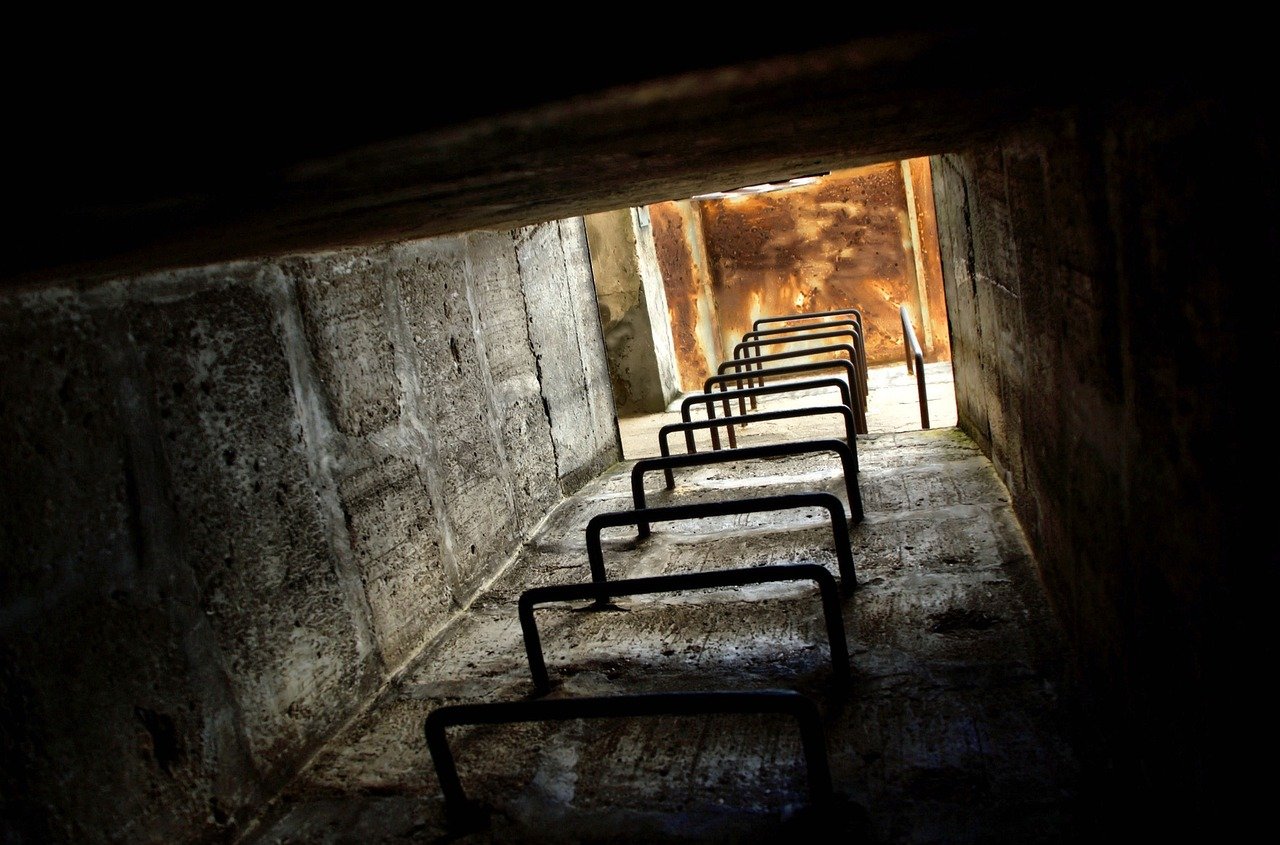
The archaeology of the Roman Empire offers us a unique glimpse at how large integrated economies can evolve over centuries. However, understanding how centuries-long economic changes emerge from the day-to-day behaviour of individuals requires new methods and vast amounts of data. This project will combine for the first time state-of-the art computer simulation techniques from complexity economics, the integration of newly available large ceramics evidence from hundreds of sites across the Empire needed to test hypotheses, and the first highly detailed model of the Roman road network offering the medium for flows of goods and information.
https://projects.au.dk/minerva/
MINERVA co-developed Itiner-e, the gazetteer of Roman roads:
Funded by the Independent Research Foundation Denmark (DFF) Sapere Aude research leadership grant (0163-00060B).

European City2 aims to advance our understanding of collective decision-making by developing a state-of-the-art agent-based simulation (ABS) platform. This platform will serve as a virtual laboratory to experiment with and explore new dimensions of democratic processes. By integrating the latest breakthroughs in computer simulation technology, we are pioneering advanced social choice theory models, positioning our research at the cutting edge of computational social science (CSS).
The European City2 platform will incorporate powerful tools, such as large language models (LLMs), capable of generating and analysing synthetic data that mirrors real-world voter behaviour. It will also utilise Karl Friston’s Active Inference and Free Energy Principle and emerging quantum computation techniques to push the boundaries of what is possible in understanding and modelling complex social interactions.
By harnessing these advanced technologies, European City2 will offer deeper insights into how people make collective decisions, how different democratic processes unfold, and what factors influence voter behaviour. This project is not just about improving our simulation methodologies; it's about reimagining how we study and understand democracy itself. As we navigate the challenges of modern governance, European City2 will provide valuable perspectives that can inform and enhance democratic practices in real-world settings.
Funded by Horizon Europe.
AU co-PI: Kristoffer Nielbo.

Social networks shape human behaviour and interactions. They are a medium through which beliefs, innovations, and diseases spread. An accurate reconstruction of past social networks using archaeological data is crucial for understanding cultural and disease transmissions in past and present human societies, but our empirical understanding of past social networks is in its infancy. How did social network structures change over centuries, and how did innovations and disease flow through them?
This data-driven project establishes interdisciplinary collaboration between archaeologists and network scientists to create the first integrated computational workflow for reconstructing past social networks from material culture data. It will enhance archaeological method and theory for network data representation of material culture data and for testing assumptions about how this data reflects past social networks. It will also enrich network science: archaeology provides network data with critical incompleteness issues but that is also rich in metadata. The project will enable studies on the diversity of social networks of our species, and how processes evolve over long time periods beyond the scope of current social network studies.
Full title:
Past social network reconstruction from material culture data
Funded by the Villum Foundation Synergy Programme (57402).
AU co-PI Tom Brughmans.

The project tests key theories on the establishment of a monetary economy, the process of monetisation, during the Dark Ages in Northern Europe. By analyzing the silver content in early medieval coins, the project aims to identify the sources of the metal and shed light on whether monetary systems emerged through centralized power or among merchants crossing national borders.
Using cutting-edge archaeological scientific techniques, the determination of the origin of the silver 'sceattas' will shed light on the evolution of prehistoric economy, which may help predict the future of today's decentralized digital economies.
Full title:
Dark Age Economics: the rise of silver, monetisation and cashless currencies in Northern Europe and its relevance for today
Funded by the Independent Research Foundation Denmark (DFF).
PI: Tom Birch.




